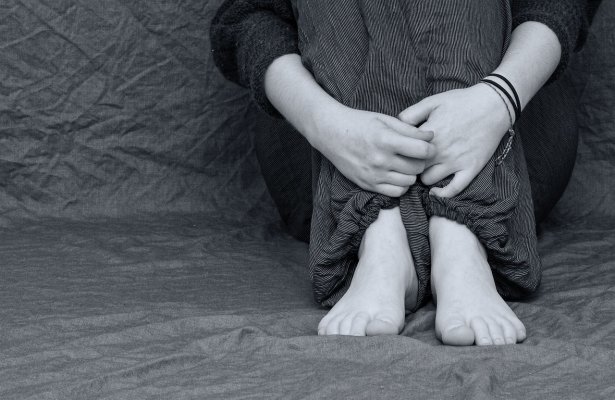Addiction is a serious condition that can have long-lasting effects on an individual’s physical and emotional health. Dealing with addiction is never easy, so if you know someone who is struggling with it, then it’s important to reach out and offer them help. In this blog post, we will discuss various ways to help a loved one with an addiction, including how to provide support and resources. By understanding the difficulties of addiction and offering support in appropriate ways, we can give those struggling with it the best chance for recovery. Let’s get started!
When a person is battling an addiction, one of the most important things you can do to help them is take them to a detox center. Detox centers provide a safe and secure environment where individuals can begin their journey toward recovery. There they will receive medically supervised treatment that can help reduce withdrawal symptoms, as well as assistance with developing skills for coping with cravings and triggers. Some centers perform rapid detoxification procedures as well, which can help speed up the process of recovery. Taking your loved one to a detox center is an important step in helping them get on the path to sobriety.
It is important to educate yourself on the topic of addiction when helping someone struggling with it. Learning more about addiction can help you gain a better understanding of why the person may be suffering and how best to support them in recovery. Researching reliable sources such as government websites, peer-reviewed journals, medical professionals and other people’s personal stories can give you valuable information.
You may also want to attend counseling, support groups, and events related to addiction as a way of deepening your understanding of the issue. Educating yourself on addiction is an important part of helping someone struggling with it, and will help provide you with the knowledge needed to effectively assist them in their recovery journey.
When you are supporting someone going through addiction it can be difficult to accept that you cannot solve their problem for them, but enabling them is not the answer. Instead of giving in to the pleas for money or other resources, discuss how they can make healthy changes in their lives and help them find ways to take responsibility for their own recovery. Create boundaries on what you are willing and not willing to do, and be supportive but firm; it is an important step in helping them take ownership of their own issue.
Involve family or other professionals if need be to help provide a safe environment for all involved. Avoid enabling any behavior, as it only serves to further the addiction cycle. Be there for your loved one without enabling their addiction, and help them find the tools they need to begin their recovery journey. It is not easy but it can be done with the right support system in place. Take the time to educate yourself about addiction and become part of a larger community that understands and supports those struggling with addiction.

It's important to learn the triggers that may cause them to relapse. Identifying and addressing these triggers can help prevent a lapse in recovery. Triggers are often related to people, places, or things associated with their addictive behavior. It is important for family members and friends to be aware of possible triggers and how to best help the person avoid them.
This could include avoiding certain conversations, locations, or activities that may lead to relapse. Having a supportive environment is key to helping someone struggling with addiction reach their goals in recovery. It's also important to remind them of this support system when they experience any triggers. This can be done through active listening, empathy, and words of encouragement. By being aware of the triggers that could lead to a relapse and providing support in times of need, you can help someone struggling with addiction on their journey to recovery.
Recovery is a long and arduous journey and success may not happen overnight. Therefore, it's important for the family and friends of the person struggling with addiction to be patient and understanding as they go through the process. It can also help if both parties set realistic goals that can be achieved over the course of time. This can create a sense of accomplishment and boost morale for both parties, helping to keep them on track with recovery.
Additionally, having realistic expectations allows family and friends to better prepare for any potential setbacks or challenges that may arise during the process. Support from people who understand is a priceless gift that can keep someone battling addiction on the road to recovery.
Finally, it's important for the family and friends of someone in recovery to have compassion and empathy for their loved one. Addiction is a difficult disease that affects each individual differently, so understanding and patience are key ingredients in helping someone break free from its grip.
In conclusion, when helping someone struggling with addiction, it is important to avoid enabling behaviors, identify potential triggers, and have realistic expectations. Additionally, providing understanding and patience will help provide a supportive environment for the person to reach their goals and navigate through their recovery journey. By following these steps, family and friends can be there for their loved ones as they work towards breaking free from addiction.





